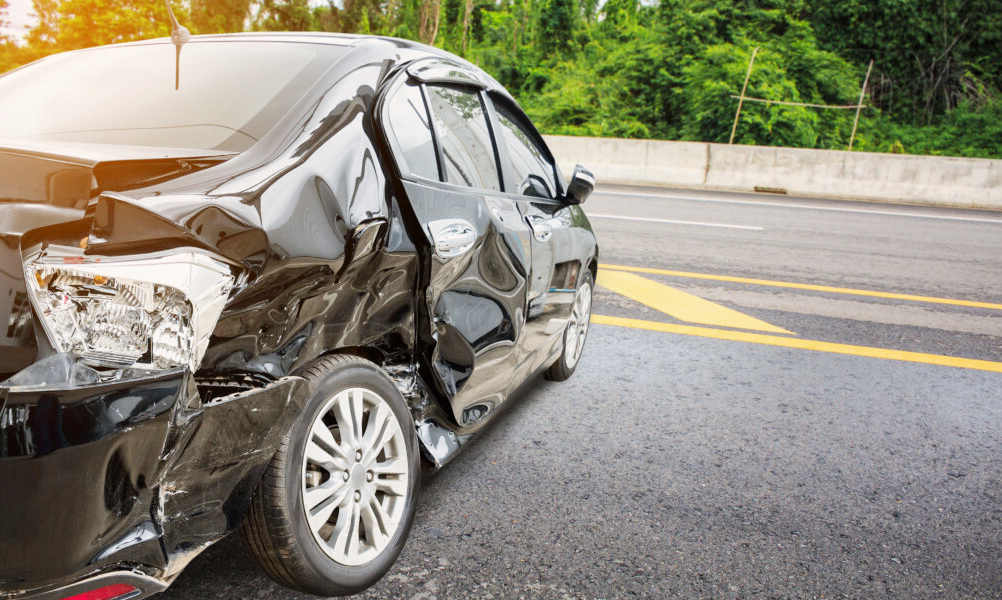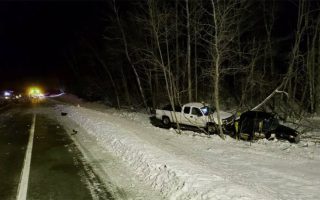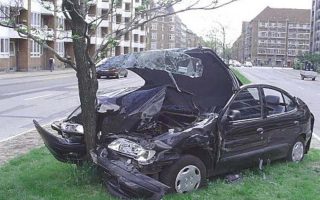Car accidents can be traumatic experiences, but the situation becomes even more challenging when they occur in remote and isolated areas, far from immediate help or resources.
In this article, we will explore the most essential steps to take if you find yourself in a car accident in such a remote location, ensuring your safety and well-being during a critical time.
Prioritise Safety First
Immediately after the accident, prioritise safety for yourself and any passengers in your vehicle. Here are some crucial steps to take:
- Stay Calm: While it’s natural to feel panicked, try to remain as calm as possible. Clear thinking is essential for assessing the situation;
- Check for Injuries: Assess yourself and any passengers for injuries. Attend to any immediate medical needs;
- Turn on Hazard Lights: Activate your vehicle’s hazard lights to alert other drivers to the accident;
- Exit the Vehicle Safely: If it is safe to do so, exit the vehicle and move to a safe location away from traffic. This is particularly important if your car is blocking the road.
Call for Help
In remote areas, cellular reception may be limited or nonexistent. However, it’s crucial to attempt to call for help using the following methods:
- Use a Satellite Phone: If you have a satellite phone or if your smartphone has a satellite connection, use it to call emergency services. Satellite phones work in areas with no cell coverage;
- Activate an Emergency Beacon: If you have an Emergency Position Indicating Radio Beacon (EPIRB) or a Personal Locator Beacon (PLB), activate it. These devices send a distress signal with your GPS coordinates to rescue authorities.
- Signal for Help: If you don’t have communication devices, use visual signals to attract attention. Reflective materials, mirrors, or even a flashlight can be used to signal passing vehicles or aircrafts;
Provide Location Information
In remote areas, pinpointing your location can be challenging for rescue services. Here’s how to help them find you:
- GPS Coordinates: If possible, provide your exact GPS coordinates. Most smartphones have GPS capabilities, even if they lack cellular service;
- Use Landmarks: Identify nearby landmarks, natural features, or mile markers to help rescuers locate you;
- Vehicle Description: Describe your vehicle, its colour, and any distinguishing features that can make it easier for search and rescue teams to identify.
Assess Your Supplies
If you anticipate a lengthy wait for help, it’s essential to assess the supplies you have on hand:
- First Aid Kit: Check your vehicle’s first aid kit for essential supplies to treat injuries;
- Water and Food: If you have access to supplies, ration your water and any non-perishable food you have;
- Blankets and Warm Clothing: In remote areas, temperatures can drop significantly at night. Keep warm clothing or blankets on hand.
Stay Hydrated and Nourished
In a survival situation, maintaining hydration and nourishment is vital for your well-being. Conserve water and ration your food to ensure you have sustenance until help arrives.
- Drink Small Sips: Consume water in small sips to make it last longer;
- Avoid Alcohol and Caffeine: These can dehydrate you, so it’s best to avoid them;
- Use Water Wisely: If you have limited water, prioritise drinking over other uses like cleaning.
Stay with Your Vehicle
In most cases, it’s safer to stay with your vehicle rather than attempting to walk to find help in the area. Here’s why:
- Visibility: A vehicle is more visible to search and rescue teams than a person on foot;
- Shelter: Your vehicle provides shelter from the elements, especially important in extreme weather conditions;
- Supplies: Your vehicle may contain valuable supplies like food, water, and blankets.
Keep Informed
If your vehicle has a working radio, use it to listen for updates or emergency broadcasts. This can provide crucial information about rescue efforts or weather conditions.
Signal for Rescue
While waiting for help, continue to signal for rescue periodically using any available means, such as flashing lights, honking the horn, or creating large visible symbols on the ground.
Stay Positive and Alert
Mentally, staying positive and alert is essential for survival. Focus on the steps you’ve taken and stay prepared for the arrival of rescue teams.
Document the Accident
If you have the means, document the accident scene and any injuries using your smartphone or a camera. This documentation can be valuable for insurance claims or legal purposes later.
Car Accidents in Remote and Isolated Areas Sometimes Happen
Car accidents in remote and isolated areas can be frightening and challenging, but with the right knowledge and actions, you can increase your chances of survival and ensure a better outcome.
Prioritise safety, call for help, provide location information, and use available supplies wisely. Remember that staying with your vehicle and signalling for rescue are often the safest choices. In difficult situations, remaining calm, positive, and alert can make all the difference until help arrives!

My name is Rebecca McCarthy and I am an American girl with British heritage residing in the beautiful city of Nashville, Tennessee. I have always had a keen interest in cars, particularly brand new ones that showcase the latest technology and design features. I am also passionate about travelling and experiencing new cultures, as well as enjoying hot summer days with friends and family.



